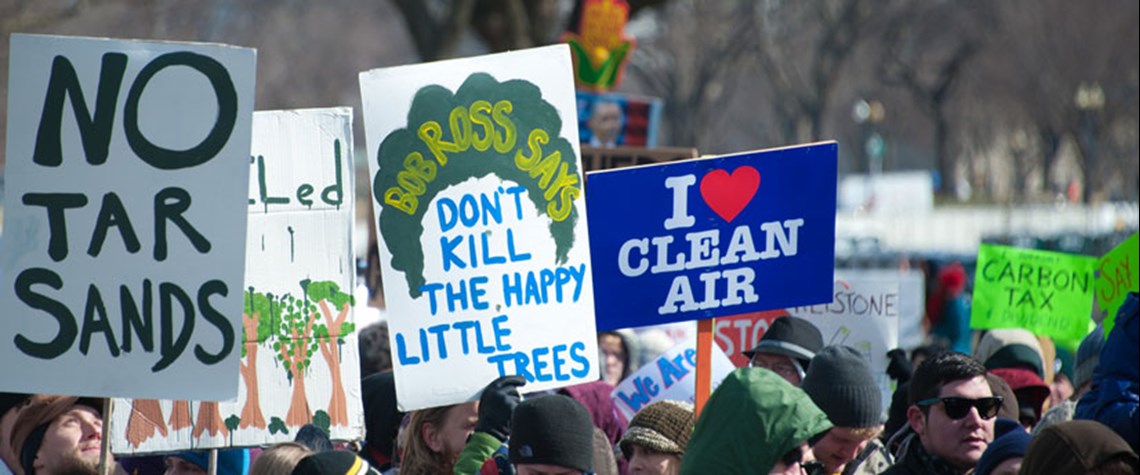Letter from Canada: Net zero poses existential threat to oil sands
Oil sands producers will need to make drastic changes if they are going to survive the next few decades
One would not need to be a rocket scientist to know that decarbonisation of the global energy mix is bad news for Canada’s oil sands industry. There has been an exodus of foreign oil companies from the resource since the 2014-16 oil price crash, while some remaining actors have taken large write-downs on their oil sands holdings in the past year or so as the climate change movement has picked up steam. But it was not until the release of the IEA’s Net Zero by 2050: A Roadmap for the Global Energy Sector report in mid-May, with its net-zero emissions (NZE) scenario—possibly the definitive one for meeting the Paris Agreement’s stretch goal of limiting the rise in global temperatures to 1.5°C—t

Also in this section
19 February 2026
US LNG exporter Cheniere Energy has grown its business rapidly since exporting its first cargo a decade ago. But Chief Commercial Officer Anatol Feygin tells Petroleum Economist that, as in the past, the company’s future expansion plans are anchored by high levels of contracted offtake, supporting predictable returns on investment
19 February 2026
Growth in LNG supply will surpass the rise in demand in 2026 for the first time in years, according to Mike Fulwood, senior research fellow at the OIES, but lower prices are likely to encourage fuel switching and could create more demand on a permanent basis
19 February 2026
Awais Ali Butt, manager for sales and business development at Pakistan LNG Ltd, discusses LNG’s role in energy security across developing, price-sensitive economies, as well as examining trade-offs between buying strategies and the impact of lower prices and policy on import behaviour
19 February 2026
LNG’s technical maturity, availability and price, as well as regulation, have driven its rapid adoption as a marine fuel, yet its future in shipping will depend on transition policies and progress in cutting methane emissions and scaling bio- and synthetic LNG, according to Carlos Guerrero at Bureau Veritas







